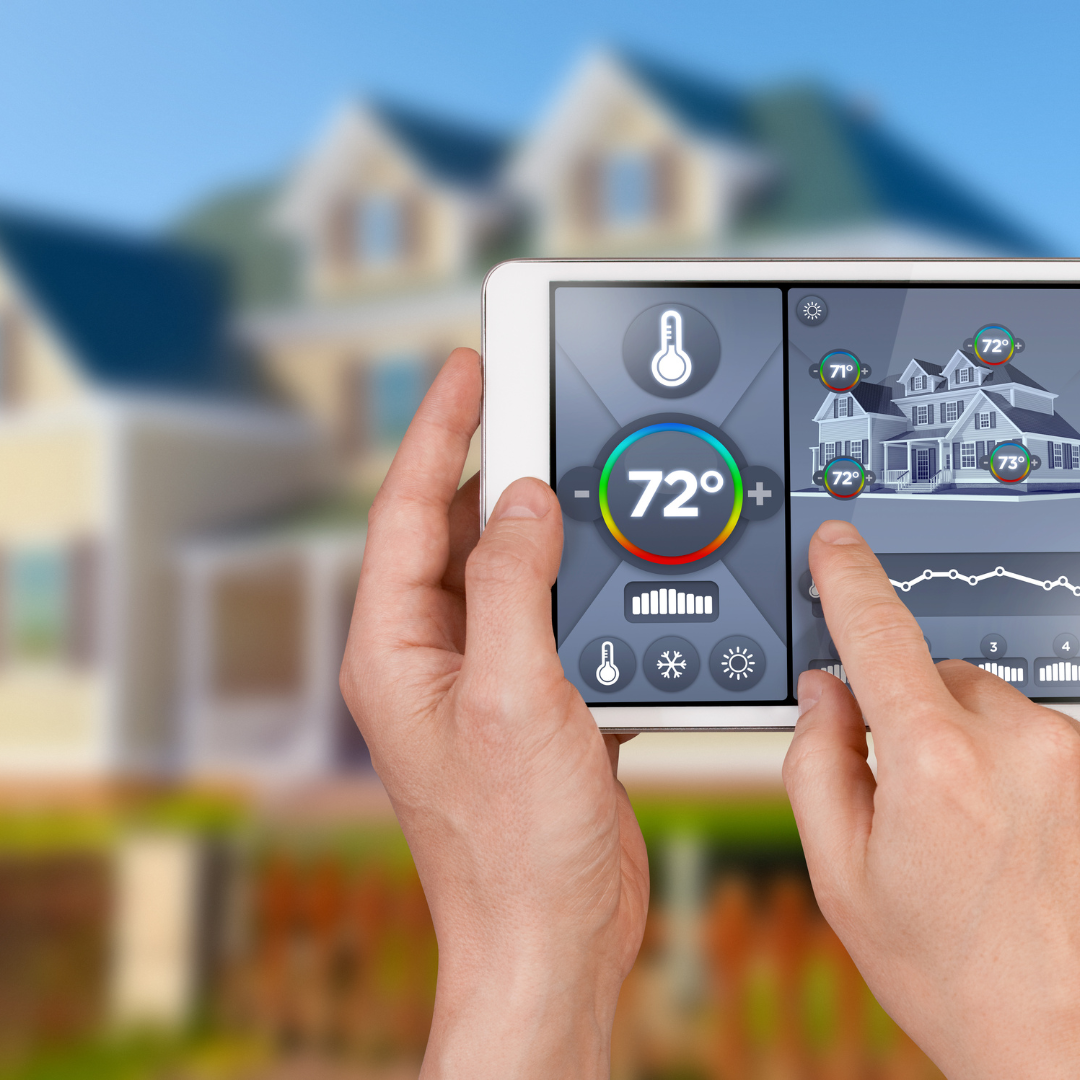How to Prevent Frozen Pipes: 5 Winter Plumbing Tips
Protect your home from costly water damage this winter with essential tips to prevent frozen pipes and ensure proper plumbing care.
April 20, 2025

Is your HVAC system feeling the heat—or the chill—of coastal weather? The salt-laden air, fluctuating temperatures, and high humidity in Cape May & Atlantic Counties can all put extra strain on your heating and cooling equipment. Below you’ll find five in-depth strategies to protect your unit, minimize breakdowns, and keep your energy bills in check.
Why This Matters
A simple filter swap can be the difference between smooth operation and a stressed-out system. When filters become clogged with dust, pet dander, and pollen, your HVAC has to work harder to push air through—a recipe for higher energy bills and premature wear.
How Often to Change
Extra Advice
According to the Air Conditioning, Heating, & Refrigeration Institute (AHRI), staying consistent with filter changes can significantly lower your system’s energy consumption—good news for your wallet and the environment.

Why You Need Them
Most homeowners wouldn’t skip an oil change on their car; your HVAC system deserves the same preventive care. A tune-up identifies small issues—like a wobbly blower motor or a refrigerant leak—before they morph into major (and expensive) breakdowns. Plus, a regularly tuned system runs more efficiently, saving you money over time.
What Happens During a Tune-Up?
Coastal Concern
Salt from ocean air can corrode outdoor components rapidly. Seasonal tune-ups let us spot and combat rust before it spreads—this is especially important in Atlantic County neighborhoods where wind gusts carry salty moisture inland.
Why It Helps
Maintaining consistent temperatures reduces the workload on your HVAC system. Smart thermostats “learn” your daily routine—when you’re away at work, when you typically go to bed—and adjust accordingly. Programmable thermostats offer set schedules but may require manual updates.
Key Benefits

Outdoor Units
Indoor Vents & Ducts
Why This Matters
Consistent airflow is crucial for efficiency. Overworked systems age faster, break down more often, and cost more to run.

Why Membership?
From unexpected salt-induced corrosion to the occasional mid-summer meltdown, coastal HVAC systems face unique challenges. A Budd’s Plumbing & HVAC membership gives you a hassle-free way to keep your unit in prime condition.
Membership Perks
Peace of Mind
Consider it an insurance policy for your comfort. You’ll sleep better knowing your system’s health is monitored by local experts who understand the region’s weather quirks.
If you hear rattling, banging, or notice strange smells from your vents, don’t ignore it. Early intervention is key. Often, a minor fix—like tightening a loose belt—can save you from a future major repair. Whenever in doubt, give Budd’s a call.
Stretching your system’s lifespan isn’t about expensive overhauls—it’s about consistent, preventative care. A few minutes each month to check filters, a couple of tune-ups a year, and a membership plan can collectively add years to your HVAC and keep your household comfortable, even in Cape May & Atlantic Counties’ challenging coastal climate.